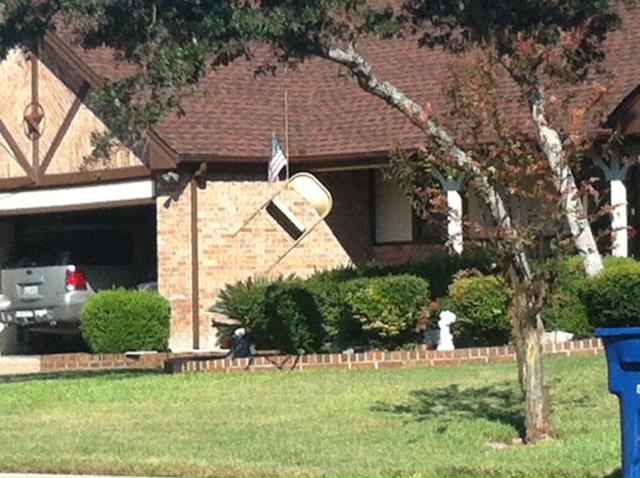A lot of people have occupied themselves in defining the line that divides “speech” from “violence.” These people seem to agree that there is a basic and fundamental difference, and that it’s an important one, pretty much the line dividing good from evil. As a result, you cannot question the legitimacy of the former, while it has become virtually idiomatic that the latter is unacceptable, beyond the pale. It has come to be baked into the terms themselves: “positive violence” is practically a contradiction in terms (and the police don't use "violence," they use "force"), while a thing called “freedom of speech” has become a fetish, both an object of sacred reverence and a mode of defining legitimate behavior.
In short: free speech is a thing worth defending to the death, while violence is a thing which no one will speak in favor of.
This is the kind of cognitive dissonance that will drive an honest person to Zizek. So many people say that speech is different from violence--that the difference between them defines the very foundation of modernity--but does anyone ever actually act like this is true? It seems to me that the victims of violent speech tend to understand the point quite well; "trigger warnings" exist because even speech without intent-to-harm can actually still be harmful. But the curious thing is how thoroughly and completely the most (ostensibly) radical defenders of free speech also understand, in practice, that speech is sometimes violence. Take Ayaan Hirsi Ali herself: while she constantly defends “free speech” in theory, the subject of her latest ire is Muslim “rage,” a thing which is, literally, nothing more than an expression of an emotion. And lest you think she is simply speaking metaphorically, observe that France has literally and specifically criminalized Muslim “rage”:
France confirmed on Friday it would allow no street protests against cartoons denigrating Islam's Prophet Muhammad that were published by a French magazine this week. Interior Minister Manuel Valls said prefects throughout the country had orders to prohibit any protest over the issue and to crack down if the ban was challenged. "There will be strictly no exceptions. Demonstrations will be banned and broken up," he told a news conference in the southern port city of Marseille.
Meanwhile, Gaddafi’s threat to cleanse Libya “house by house” was taken to be a sufficient cassus belli for invasion, just as Ahmadiejad’s supposed “wipe Israel from the map” statement is the bloody shirt waved by hawks longing for war with Iran. No one denies that people like Ferdinand Nahimana or Jean Bosco Barayagwiza are war criminals: broadcasting radio messages in favor of genocide is, it turns out, close enough to genocide to count. Finally symbolic lynching is totally not okay. I don’t like the president very much—because of things like Bradley Manning, Goldman Sachs, and drones—but these two expressions of free speech are violent as fuck:
My point is not that any of this is or isn't legitimate; some forms of speech are odious, and if the state has a right to prohibit, criminalize, and punish “violence,” then criminalizing speech is just one of those things it’s going to do, and does. But the difference between behaviors which are prohibited and those which are protected has nothing to do with the red line between speech and violence, and never has, because no such line exists.

